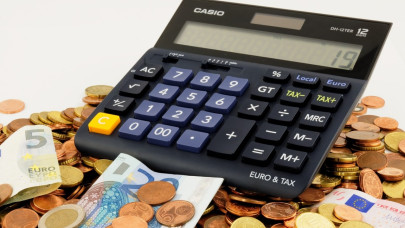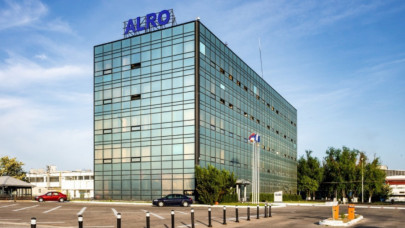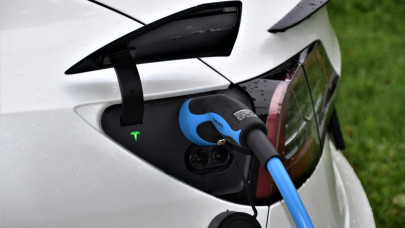Razvan Nica, BuildGreen founder and Managing Director, notes the pivotal role of decarbonization in empowering businesses, citing the 2050 climate neutrality targets and the growing significance of ESG ratings in various industries. He emphasizes the need for international regulations and sustainability standards to facilitate accurate assessments and rankings among companies and countries.
„2024 seems to be the icebreaker in setting exact decarbonization criteria and regulations. Major changes are already visible in green certifications (soon upgrade for both LEED and BREEAM) and ESG ratings, which took the role of undisputable evidence when auditing companies. This also brings more stringent and higher sustainability targets – a trend that expands beyond the classic real estate segments and requires more complex aspects. At BuildGreen, these changes are visible in our daily activity: Our clients' needs expanded from green building certifications and ESG reports to more complex strategy and consultancy services, mostly related to decarbonization and finally carbon neutrality goals”, said Razvan Nica.
Globally, CO2 emissions have doubled since 2000 and will continue to rise due to population and economic growth. 4,4% of global GDP is lost per year without climate change adaptation (according to a recent S&P Global report on sustainability trends). Substantial annual global GDP losses particularly impact developing economies and lead to varied consequences in the corporate realm. In Europe, the good news is that emissions decrease in most sectors, due to strict regulations and increased focus on sustainable development strategy. While energy supply and industry face challenges, waste management, green energy solutions, and sustainable buildings lead the positive trend.
The top sustainable development trends in 2024 include:
- Decarbonization emerging as a primary global driver, influencing sustainability strategies across industries and particularly within the real estate market.
- ESG ratings evolve into core business fundamentals, shaping investment decisions and influencing design, procurement, finance, and marketing practices.
- Green certifications adapting to focus more on decarbonization and serving as management tools for implementing sustainability strategies.
- AI emerging as a tool for promoting carbon neutrality in real estate through energy efficiency improvements and predictive maintenance systems.
- Regulations boosting corporate climate transparency, with the European Union leading the way by setting the first jurisdiction for ESG ratings, aimed at enhancing investor confidence in sustainable products and driving progress towards net-zero objectives.
Overall, the sustainable development landscape in 2024 reflects a growing emphasis on decarbonization, enhanced transparency, and the integration of innovative technologies to address environmental challenges and promote sustainable business practices.














